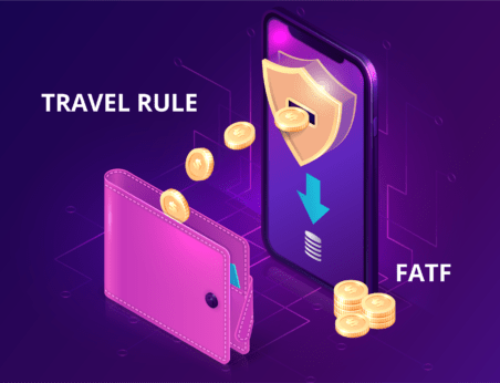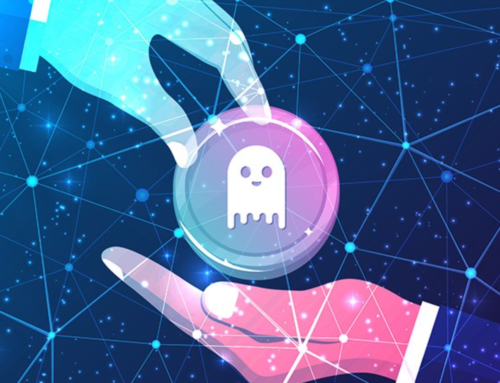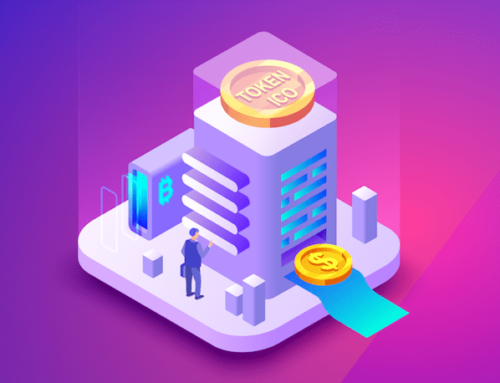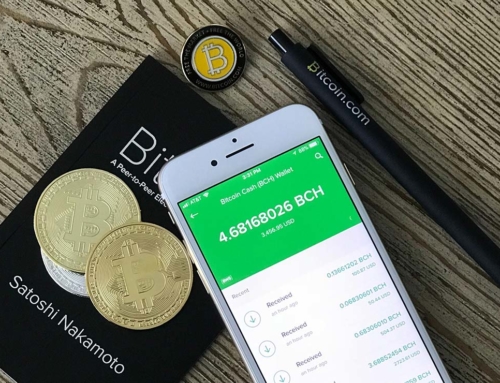Blockchain has become a term so abused that it is difficult to understand, given the vast and indefinite technological environment to which many would like to apply it. This is due to the excessive hype that accompanied this new technology, where blockchain was advertised as a magic recipe capable of innovating any business. All this has generated great expectations of innovation and technological improvement, so many companies have felt compelled to include blockchain in their marketing plan, indicating it as a factor in the success of their business, even before having evaluated and thoroughly tested it.
Let’s see below what are some areas in which blockchain today shows real added value compared to other existing technologies:
Digital currency
The first and still most important application of blockchain technology is that of allowing the creation and transfer of cryptocurrency without the need for any intermediary. The cryptocurrency native to a specific blockchain (Bitcoin, Ethereum, etc.) and tokens created in a personalized way, represent a new way of transferring value.
Most important use cases:
- Payments
- Exchanges
Financial industry
The traditional financial system can be rethought and rebuilt over a blockchain infrastructure that offers security guarantees, automation and programmability of assets, disintermediation, efficiency and speed, superior to current systems. The audit and transparency of these systems, combined with the borderless nature of technology, make blockchain the perfect financial protocol.
Most important use cases:
- Digital Asset Trading Platforms
- Automation of financial products and services with the use of Smart Contracts
- Tokenization of physical and digital assets
- Financial inclusion for unbanked
Crowdfunding & Fundraising
Financing of a new business project or raising capital for an existing company can be more effectively implemented using a token. It represents rights and / or utility that can be transferred and exchanged more easily and quickly on the market. The token offers to companies an opening to international investment markets. In countries where regulation is clear and lean, it offers more opportunities to start-ups, thanks to easier and faster access to potential investors.
Most important use cases:
- Financing of a future project
- Capital raising (STO)
Certification
The certification or notarization of a digital data on blockchain creates a non-modifiable register that can be used as proof of the existence of that data. This applies to certificates and educational qualifications, which can be rendered demonstrable and non-falsifiable. In the same way it achieves the confirmation of authenticity of a product in supply chains where counterfeiting is otherwise difficult to verify.
Most important use cases:
- Academic and professional titles
- Anti Counterfeit Products
- Verification and economic management of copyright
Digital Identity
Digital identity is an increasingly important and delicate aspect of our lives, crucial for security and privacy, fundamental for democratic access to the online world.
Current authentication systems require the registration of personal data and the sending of identity documents that are not born natively digital. The security and privacy of such data are often violated without the users being able to defend themselves in any way. Blockchain, through public and private key pairs, and a cryptographic management of data, can greatly improve the current situation and provide a more efficient ID in line with privacy. Furthermore, there is no central entity that owns the data and can therefore be easily attacked.
Most important use cases:
- Decentralized authentication systems
- Management of personal data
- Recognition and identity documents
- Healthcare data
- Online voting systems
Supply Chain Management
The complexity and quantity of subjects involved in supply chain management is now resolved by a plurality of systems, both online and offline, which make management very demanding and data exchange is not very efficient and verifiable. Using a common decentralized infrastructure on which to build shared applications among the various parties involved in the supply chain, up to the consumer, constitutes a great simplification and a guarantee of greater reliability of the information exchanged.
Most important use cases:
- Open protocol for product history
- Traceability systems and transparent data connection
Integration with other technologies
So far we have listed some of the most well-known areas, which represent the most common cases of real use developed in the industry. However, there are other interesting areas of real added value for the application of blockchain technology. These areas can be closely integrated with other technologies, or represent different products and services.
Most important use cases:
- Prediction Markets
- Integration with the Internet of Things
- Decentralized storage with IPFS
- Videogames & Gambling online
- Automation in insurance
- Energy market management
Conclusions
Blockchain is a recently developed technology, at the same time, innovation is rapid and continuous, as is the potential discovery of new real use cases. This scenario offers great opportunities for companies that will first be able to effectively apply blockchain, increasing the added value of their products and services and thus improving their business.





